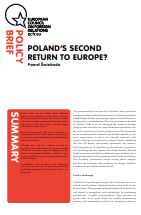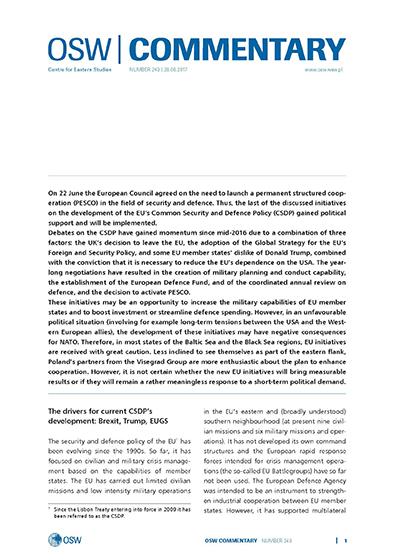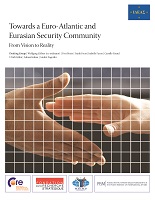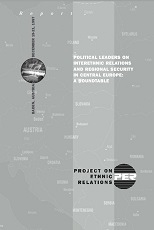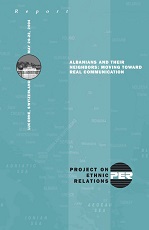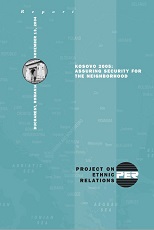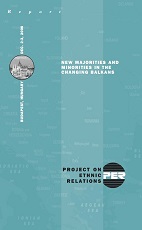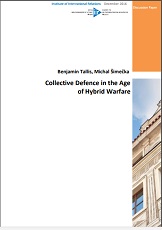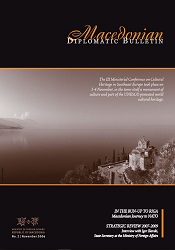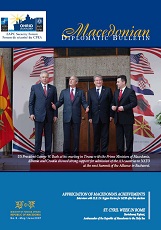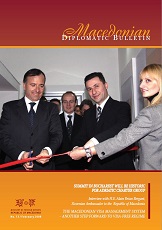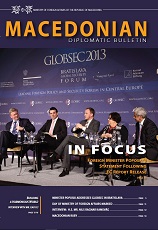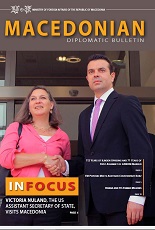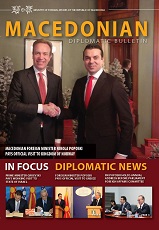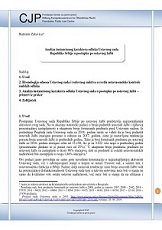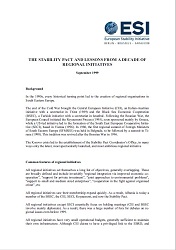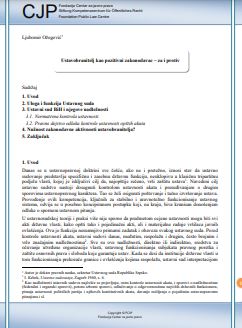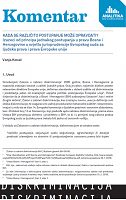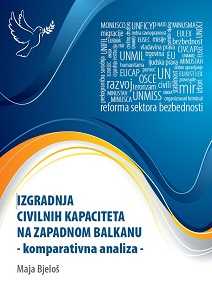Kada se različito postupanje može opravdati? Izuzeci od principa jednakog postupanja u pravu Bosne i Hercegovine u svjetlu jurisprudencije Evropskog suda za ljudska prava i prava Evropske unije
Author(s): Vanja Kovač / Language(s): Bosnian
Keywords: BiH; law; disparate treatment; justification; EU legislation; ECHR;
Donošenjem Zakona o zabrani diskriminacije 2009. godine, Bosna i Hercegovina je napravila značajan iskorak u zaštiti ljudskih prava. Ovaj je zakon, najvećim dijelom prateći relevantne direktive Evropske unije, definirao standarde u oblasti zaštite od diskriminacije i predstavlja jedan od značajnijih uspjeha politike uslovljavanja Evropske unije. Pored činjenice da je diskriminacija u Bosni i Hercegovini (BiH) zabranjena Ustavom, kao i nekim drugim aktima, Zakon o zabrani diskriminacije, kao značajnu novinu, uveo je definicije svih oblika diskriminacije, te osigurao vrlo važne proceduralne mehanizme zaštite. Istovremeno, imajući u vidu da se član 14. Evropske konvencije o ljudskim pravima i osnovnim slobodama, kao i Protokol broj 12 uz Konvenciju, koji predviđa opću zabranu diskriminacije, prema slovu Ustava BiH primjenjuju direktno i prioritetno u BiH, to bi i u primjeni ovog zakona praksa Evropskog suda za ljudska prava trebala biti jedna od osnovnih vodilja. U skladu sa Zakonom o zabrani diskriminacije, diskriminacijom se smatra svako “različito postupanje, uključujući svako isključivanje, ograničavanje ili davanje prednosti utemeljeno na stvarnim ili pretpostavljenim osnovama prema bilo kojem licu ili grupi lica na osnovu njihove rase, boje kože, jezika, vjere, etničke pripadnosti, nacionalnog ili socijalnog porijekla, veze s nacionalnom manjinom, političkog ili drugog uvjerenja, imovnog stanja, članstva u sindikatu ili drugom udruženju, obrazovanja, društvenog položaja i pola, polnog izražavanja ili orijentacije, kao i svakoj drugoj okolnosti koja ima za svrhu ili posljedicu da bilo kojem licu onemogući ili ugrožava priznavanje, uživanje ili ostvarivanje na ravnopravnoj osnovi prava i sloboda u svim oblastima javnog života”. Međutim, ne predstavlja svako različito postupanje diskriminaciju. Zaista, ukoliko ne bi postojala mogućnost opravdanja različitog tretmana u ovom kontekstu, dešavale bi se apsurdne situacije. Tako je, npr., općeprihvaćeno da je za obavljanje određenih poslova potrebna odgovarajuća stručna sprema ili odgovarajuće vještine, te bi malo ko različito postupanje prema osobama koje nemaju takve kvalifikacije smatrao diskriminacijom. Isto se odnosi na uslove za zaključivanje braka ili uslove za stupanje u neke ugovorne odnose za maloljetnike, odnosno osobe mlađe od 15 godina, utvrđivanje prava iz oblasti zaštite majke i materinstva i druge. Zakon o zabrani diskriminacije definirao je pod kojim se uslovima različito postupanje neće smatrati diskriminacijom. U članu 5. Zakona o zabrani diskriminacije utvrđeni su opći uslovi za opravdanje različitog postupanja, kao i lista konkretnih izuzetaka od zahtjeva jednakog tretmana. Stoga bi u razmatranju svakog pojedinačnog predmeta, Institucija ombudsmana za ljudska prava BiH, sudije ili voditelji upravnog postupka morali utvrditi postojanje elemenata različitog tretmana, a potom i to da li bi takvo različito postupanje moglo biti opravdano u skladu sa članom 5. Zakona. Naš je zakonodavac odlučio utvrditi listu konkretnih izuzetaka koji ipak trebaju zadovoljiti dodatne uslove na strani legitimnosti cilja i proporcionalnosti primijenjenih mjera u odnosu na cilj koji se njima nastoji realizirati. Na ovaj je način Zakon ostavio široko polje diskrecione ocjene prilikom definiranja dodatnih elemenata opravdanja različitog tretmana. S pravom se, međutim, postavlja pitanje u kojoj će mjeri donosioci odluka u postupcima za zaštitu od diskriminacije imati potrebna znanja, odnosno relevantne informacije o pravilnoj primjeni člana 5. Zakona. Naime, koliko god da je ponekad izazov razumjeti sve pojavne oblike diskriminacije i utvrđivati postojanje njenih Zakonom utvrđenih elemenata, toliko je, ako ne i više, komplicirano razumjeti granice mogućeg opravdanja različitog postupanja. U tom kontekstu, osnovni je cilj ove analize ukazati na ključne pristupe razumijevanja izuzetaka od jednakog tretmana, odnosno opravdanja različitog postupanja u skladu sa dva, za Bosnu i Hercegovinu, značajna izvora prava: Evropskom konvencijom o ljudskim pravima i osnovnim slobodama i relevantnim direktivama Evropske unije. Analiza će prezentirati neke od izazova sa kojima su se susretali Evropski sud za ljudska prava i Evropski sud pravde u pokušaju da utvrde granice različitog postupanja u svojoj jurisprudenciji. Konačno, sugerirat će se i mogući izazovi u BiH u primjeni člana 5. Zakona, te će se ponuditi prijedlozi za daljnje djelovanje bazirani na naučenim lekcijama iz prakse dva evropska suda.
More...
